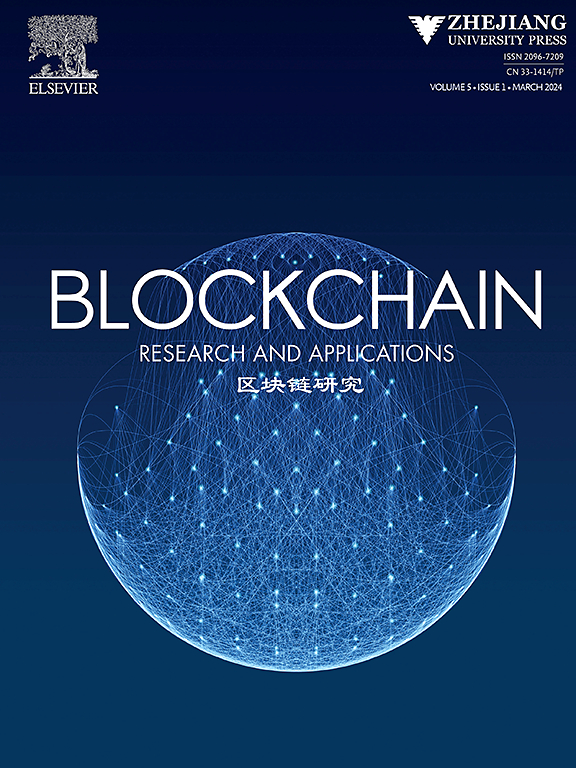WASIF: In-depth detection of vulnerabilities in Wasm smart contracts via information flows and function invocation sequences
IF 5.6
3区 计算机科学
Q1 COMPUTER SCIENCE, INFORMATION SYSTEMS
引用次数: 0
Abstract
With the widespread adoption of WebAssembly (Wasm) smart contracts in popular blockchain platforms such as EOSIO, vulnerability attacks on Wasm smart contracts have become a serious problem. To protect the legitimate interests of blockchain users, it is necessary to detect vulnerabilities in Wasm smart contracts. However, detection faces a great challenge in that the source code of Wasm smart contracts is rarely released publicly. Although many approaches have made great progress in vulnerability detection, they still suffer from inefficiently generating function invocation sequences to track inter-function dependencies, ineffectively tracking sensitive information flows, and a considerable number of False Positives (FPs). To address these issues, we present a new concolic fuzzing approach for detecting vulnerabilities in Wasm smart contracts via information flows and function invocation sequences, namely, WASIF. Also, we implement the open-source prototype of the WASIF and conduct extensive experiments to evaluate it. The experimental results show that WASIF effectively and efficiently detects vulnerabilities in Wasm smart contracts and outperforms the state-of-the-art concolic fuzzer WASAI on most metrics.
WASIF:通过信息流和函数调用序列深入检测Wasm智能合约中的漏洞
随着WebAssembly (Wasm)智能合约在流行的区块链平台(如EOSIO)上的广泛采用,针对Wasm智能合约的漏洞攻击已经成为一个严重的问题。为了保护区块链用户的合法权益,有必要检测Wasm智能合约中的漏洞。然而,Wasm智能合约的源代码很少公开发布,这给检测带来了很大的挑战。尽管许多方法在漏洞检测方面取得了很大的进展,但它们仍然存在生成函数调用序列以跟踪功能间依赖关系的效率低下、跟踪敏感信息流的效率低下以及大量误报(FPs)的问题。为了解决这些问题,我们提出了一种新的concolic模糊方法,通过信息流和函数调用序列来检测Wasm智能合约中的漏洞,即WASIF。此外,我们实现了WASIF的开源原型,并进行了广泛的实验来评估它。实验结果表明,WASIF有效且高效地检测Wasm智能合约中的漏洞,并且在大多数指标上优于最先进的concolic fuzzer WASAI。
本文章由计算机程序翻译,如有差异,请以英文原文为准。
求助全文
约1分钟内获得全文
求助全文
来源期刊
CiteScore
11.30
自引率
3.60%
发文量
0
期刊介绍:
Blockchain: Research and Applications is an international, peer reviewed journal for researchers, engineers, and practitioners to present the latest advances and innovations in blockchain research. The journal publishes theoretical and applied papers in established and emerging areas of blockchain research to shape the future of blockchain technology.

 求助内容:
求助内容: 应助结果提醒方式:
应助结果提醒方式:


